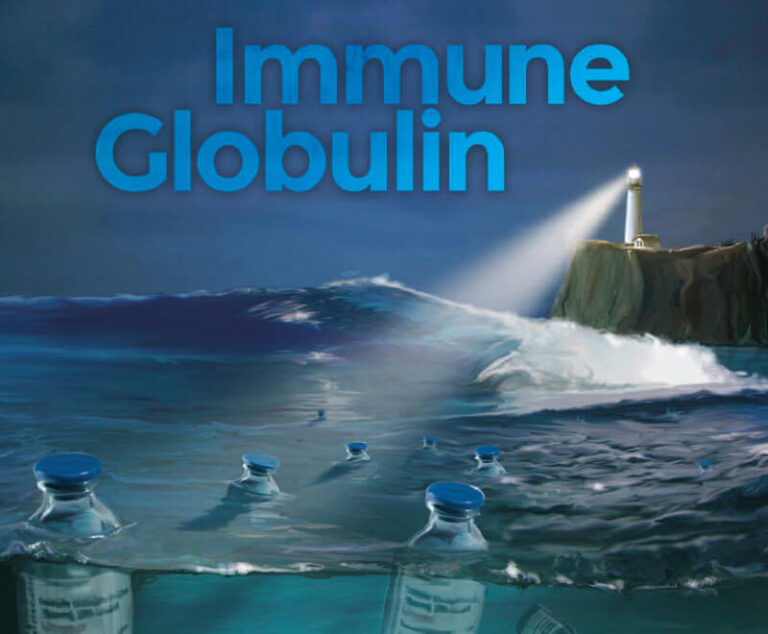Industry Insight
Information, Observation & Analysis
Eight consecutive patients on long-term, hospital-based intravenous immunoglobulin (IVIG) therapy to treat chronic inflammatory demyelinating polyradiculoneuropathy (CIDP) (n=4) and multifocal motor neuropathy (MMN) (n=4) were switched to home-based subcutaneous immunoglobulin (SCIG).
New laws and policies are being enacted globally to stem the growth of counterfeit and adulterated drugs caused by increases in globalization and the supply chain complexity.
As the approval of biosimilars looms, debate continues over whether they should be substituted for biopharmaceuticals, how to legislate them and how they should be named.
Clinical studies using intravenous immune globulin therapy are breaking new ground when it comes to treating chronic disease; promising results are being seen in patients suffering from Alzheimer’s, autism and even diabetes.
Grifols, the world’s third largest manufacturer of plasma-based therapeutics and a leader in immunohematology and transfusion medicine diagnostics, has been patiently developing a novel approach to treatment of AD, based on plasma exchange and replacement with donor human albumin.
While the incidence of cervical cancer is on the decline in the U.S., it is still a deadly disease, so prevention and early detection are essential.
While the healthcare industry is currently experiencing an oversupply of the lifesaving immune globulin therapy, with demand growing at 6 percent to 8 percent a year, is it possible another shortage looms large?
How do these infectious agents hitch a ride with passengers, and what role does screening play in containing the public health risk posed by international air travel?
A better understanding of Ebola, how it spreads and what’s being done to curb it will help to quell the fear over this massive outbreak that has now crossed international borders.
While the intravenous route has been the standard method of IG therapy for autoimmune and other neuromuscular disorders, recent studies show that the subcutaneous route is both as effective and more preferred by patients.
Healthcare industry stakeholders are increasingly using diagnosis-specific apps and educational gaming platforms to engage with patients, encourage compliance and even manage treatment options.
Medicine has come into the electronic age with telemedicine, which provides wider reaching care in an era when there is a projected doctor shortage.











